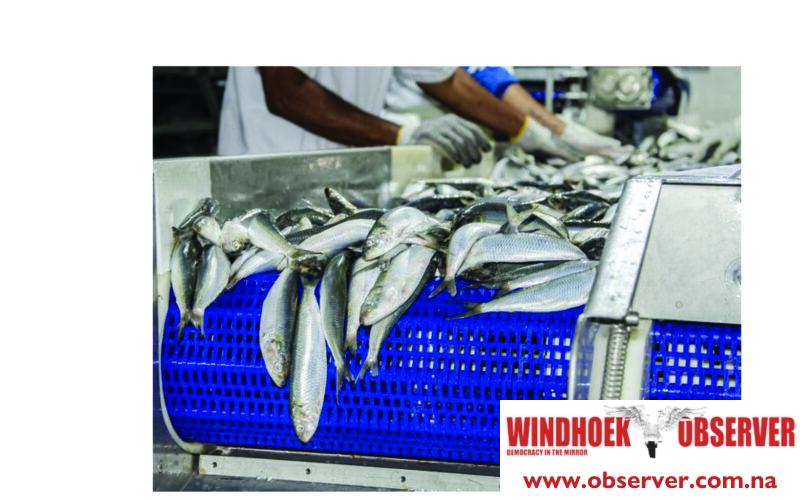Justicia Shipena
Namibia has not ratified the World Trade Organization’s (WTO) Agreement on Fisheries Subsidies, which prohibits governments from supporting illegal fishing and the overexploitation of fish stocks.
The agreement was adopted at the WTO’s 12th Ministerial Conference in June 2022 and officially entered into force last week after two-thirds of members deposited instruments of acceptance.
Namibia has not done so yet.
Speaking to the Windhoek Observer in Geneva, Switzerland, commercial counsellor Jeanthea Tjitaura from Namibia’s Geneva mission said her office has written to the ministry of international relations and trade (MIRT) to facilitate ratification.
“Our office has written to Capital requesting MIRT to facilitate the ratification for the WTO Fisheries Subsidies Agreement. Therefore, it is important to confirm with MIRT regarding any updates on the ratification process for Namibia,” she said.
The enforcement of the agreement came after the ministry of agriculture, fisheries, water and land reform came under fire three weeks ago for awarding a quota of 10,000 metric tonnes of pilchards.
The allocation, valued at about N$180 million, followed a July cabinet decision approving a total allowable catch (TAC) of 10,000 metric tonnes for governmental objectives for the remainder of the 2025 season.
Pilchards have been under a moratorium since 2015, and the ban will remain for at least three more years.
In May, fisheries minister Inge Zaamwani told Parliament the pilchard population is showing signs of recovery, with biomass estimates at 850 000 metric tonnes.
WTO director general Ngozi Okonjo-Iweala called the agreement a signal of multilateral cooperation in solving global challenges.
“The entry into force of this Agreement stands as a reminder that many of the biggest challenges we face are more effectively addressed at the multilateral level. People and nations need a multilateralism that delivers – which is why today is so reassuring,” she said.
WTO’s General Council chair, Ambassador Saqer Abdullah Almoqbel, described the agreement as a testament to a shared global vision for sustainable fisheries.
Mali and Oman were the most recent members to ratify.
The WTO also launched the Fisheries Fund to help developing countries implement obligations, with pledges exceeding U$18 million.
Globally, overfishing affected 35.5% of fish stocks in 2021, up from 10% in 1974. Harmful subsidies are estimated at U$22 billion annually, contributing to marine stock depletion.
The Namibia Nature Foundation welcomed the agreement. Its marine conservation lead, Carolin Mutorwa, said it aligns with national development goals and targets to cut illegal, unreported, and unregulated fishing.
“Healthy fish stocks are essential not only for ecological balance but also for sustaining jobs, incomes, and food security for Namibians who depend on the fishing sector,” she said.
In April, deputy minister Ruth Masake presented a strategy to address concerns over declining fish stocks and to strengthen the industry.
Earlier this month, a two-day Sustainable Fisheries Seminar was held in Walvis Bay to search for long-term solutions.
Last month, Zaamwani said the fishing industry generated N$13.8 billion in exports in 2024, but government revenue was N$278 million.
She stated that the sector’s contribution to GDP fell to 4.1% in 2024 from 4.5% in 2023, mainly due to reduced quotas from declining stocks.
The TAC for 2024 was set at 438 080 metric tonnes, down from 457 380 the previous year.




